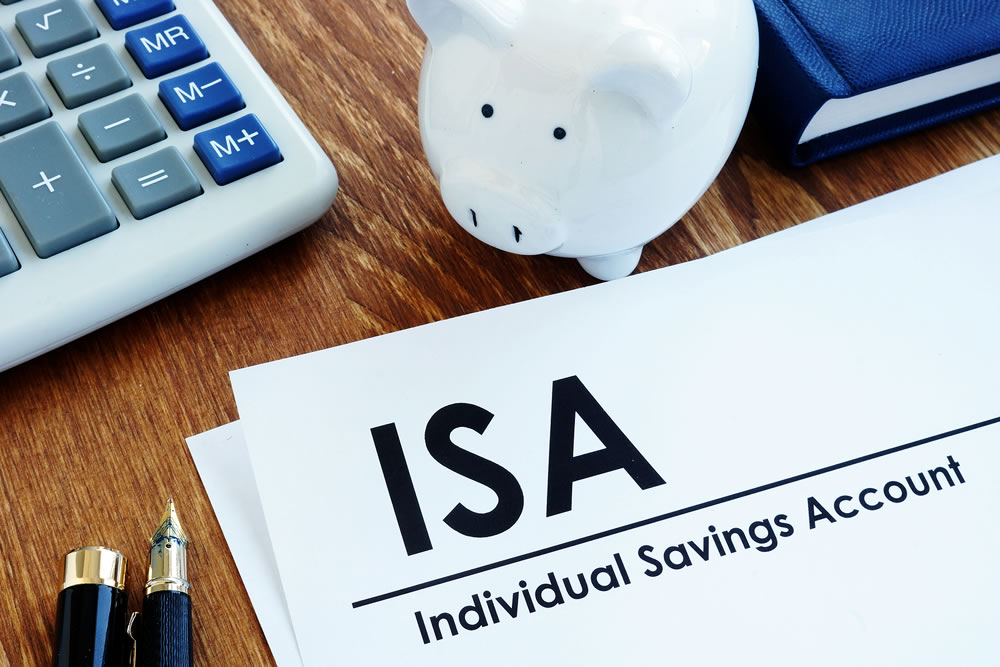Looking for a savvy way to invest your money this lockdown? While many have been navigating a financially precarious landscape throughout 2020, others have been cashing in – and with a second UK lockdown due to take effect later this week, there has never been a better time to follow suit.
Over the previous lockdown, with nothing to spend their money on from March to June, some have come out of the situation with more money on their hands than they had going in – and with another lockdown looming, it’s a great time to jump onto the bandwagon and put away your money for a profitable future.
Over the three-month period we all spent being told to ‘stay at home’, the UK collectively saved £157 billion, according to data from the Office for National Statistics – while the bank of England reported, at the time, that £11 billion of that was poured into British easy access accounts, compared with just £2 billion over the same period in 2019.
But is simply putting your money away and relying on interest the best option for those looking to grow their fortunes? In a word, no. If you’re looking for generous returns, then there are far more lucrative options available.
So, how should you be investing your cash for the final quarter of 2020 if you want to be heading into 2021 quids in?

Investment ISAs
If you’re less than experienced in the process of investing your money, but are keen to put away a nest egg for the future, as well as growing your fortune and ensuring that your family are financially secure long-term, then a stocks and shares investment ISA could well be the way to go.
Between April and June, investors raced to pile their spare cash and disposable income into stocks and shares ISAs to take advantage of a stock market rebound, shunning standard savings accounts due to the paltry interest rates on offer.
In fact, investments in stocks and shares ISAs were up a record 71 per cent when compared with the previous quarter, with the number of new investment ISAs being opened skyrocketing by 40 per cent. And, with another month of staying at home on the cards, that number is expected to shoot up even further.
Suffice it to say, there has rarely been a worse time to simply save your money in a simple savings account. Currently, the average easy access ISA offers just a 0.35 per cent return – while the average easy access savings account offers up just 0.23 per cent. Starting a stocks and shares investment ISA might just be the best ting you do all year – and there’s no time like the present to start.

So, what exactly is a stocks and shares ISA – and how do they work?
Unlike a standard ISA – which is simply a tax-free savings account – a stocks and shares ISA is a tax-efficient investment account that allows you to put your money into a range of different investments. Diversified investments make for a safer strategy and potentially, some great returns – and may include the likes of individual shares, investment trusts and government or corporate bonds.
When you consider that a couple saving their maximum ISA allowance annually could become millionaires in just 14 years, it’s a no brainer.
Following the previous UK lockdown, according to a survey by Creditfax, a whopping 72 per cent of Britons said that they were feeling positive about their finances – and those who follow suit this time could be in an even better position.
So, instead of leaving things to chance, why not open a stocks and shares ISA today? Even if you’ve already made your millions, some extra profit is never a bad thing.
Disclaimer: Investing money carries risk, do so at your own risk and we advise people to never invest more money than they can afford to lose and to seek professional advice before doing so.






















